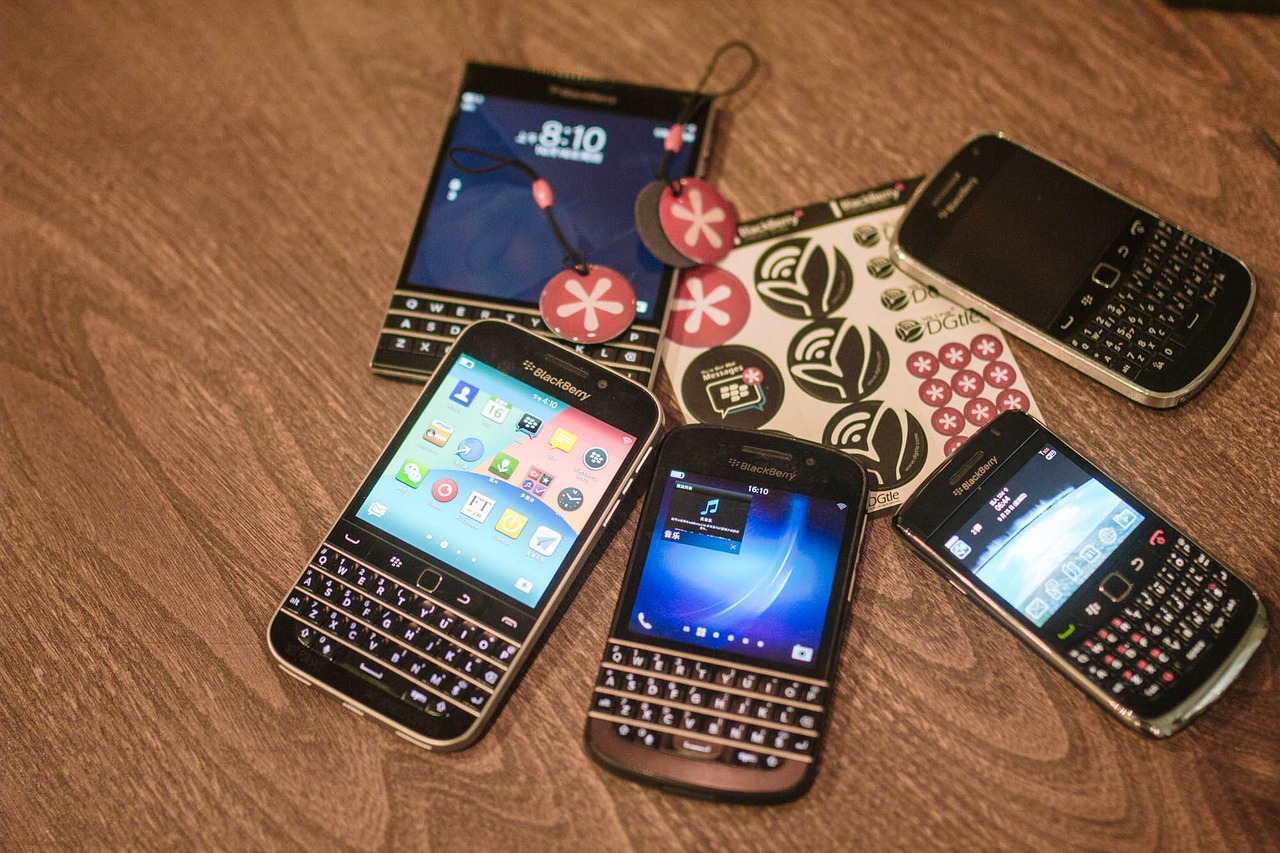Blackberry phones has been the most sophisticated device in the early 2000 and they have been operating in a more upgraded software before the emergence of android, and that was the end of Blackberry phones though they have been operating low key in some countries.
What Really Happen To Blackberry
What Really Happen To Blackberry: Over the years, BlackBerry, which was once a major player in the mobile technology sector, has experienced a dramatic change. Its ascent and descent serve as a metaphor for the rapidly changing tech industry.
In 1984, BlackBerry was founded under the name Research In Motion (RIM). Instead of beginning as a manufacturer of smartphones, the firm concentrated on wireless technologies. The BlackBerry 850 was the company’s first mobile smartphone, released in 1999. It was a one-pager meant for business people that included email functionality. However, the company’s explosive growth was made possible with the release of the BlackBerry 5810 in 2002, which combined email and phone functionality.
Blackberry and The Professionals
Businesses may manage email and communication in a secure and effective manner with the help of the BlackBerry platform. Professionals always use BlackBerry Messenger (BBM) because of its famous features, which include the QWERTY keyboard. Enterprise customers were drawn to BlackBerry because it was a pioneer in mobile security.
BlackBerry’s emphasis on the commercial market contributed to its early success. Its secure email features and QWERTY keyboard helped make it the go-to option for professionals.
The BlackBerry Apex
BlackBerry dominated the smartphone market in the middle of the 2000s. It was a cultural phenomenon as much as a business tool. Prominent figures in politics and business proudly displayed their BlackBerrys. BBM’s addictive qualities make it a mainstay for user communication. Its devoted customer base attested to its dependability and usability.
The capacity of BlackBerry to dominate both the corporate and consumer industries represented its zenith. The success of BBM was largely attributed to its popularity.
Obstacles and Rivalries: What Really Happen To Blackberry
But BlackBerry’s hegemony was short-lived. Its demise was caused by a few things. The launch of the iPhone in 2007 was one of the main obstacles. With its svelte design, plethora of apps, and touchscreen interface, Apple’s ground-breaking iPhone completely changed the game. The effort for BlackBerry to meet consumer aspirations began with this.
BlackBerry was unable to quickly adjust to the shifting tastes of its customers. The iPhone’s touchscreen interface brought BlackBerry’s software and hardware limitations to light. BlackBerry also had to contend with rival Android-based handsets and, later, Windows phones. These rivals provided a wider ecosystem and a more adaptable selection of apps. In contrast, BlackBerry’s closed operating system started to seem antiquated.
Ineffective Plans and Passed Up Chances
BlackBerry experimented with a number of tactics to get back on track. They invested in security and corporate software, but the company’s hardware problems overshadowed these efforts.
Additionally, BlackBerry launched the disastrous BlackBerry PlayBook tablet, which was not well received. The gadget’s compatibility problems and lack of essential functions drew criticism.
Additionally: What Really Happen To Blackberry
The BlackBerry PlayBook represented a squandered chance. BlackBerry attempted to enter the tablet market without a strong product, taking resources away from other important areas and instead concentrating on their core competencies
The business passed up chances to capitalize on its solid standing in the business community. They had the option to modify their offerings to accommodate the burgeoning Bring Your Own Device (BYOD) movement, which saw workers using their own devices for work.
CEO John Chen To Retire
At the end of this week, CEO and executive chairman John Chen of BlackBerry Ltd. will step down from his position after ten years in leadership. According to a press release issued by the Waterloo, Ontario-based technology company on Monday following the bell, Chen will leave on November 4.
With the goal of turning BlackBerry from a manufacturer of smartphones into a provider of cybersecurity software and services, Chen joined the company in November 2013 and served as its interim CEO at first. he had been working on splitting BlackBerry’s internet of things business, which he intended to go public, from its cybersecurity operations in recent months.
Blackberry Lost: What Really Happen To Blackberry
In May, the company also informed shareholders that it was investigating various strategic options to increase the value they received from the company; this review was dubbed “Project Imperium.”
When the company split up into the internet of things and cybersecurity divisions in October, Chen stated that the new structure would improve the operational agility of the two business units.
In contrast to a loss of US$54 million during the same period previous year, BlackBerry lost US$42 million in the second quarter of its fiscal year 2024.
CEO John Chen Address Employees
In an email addressed to BlackBerry staff members and published on the business’s website on Monday, Chen expressed his regret for having to inform them of his impending retirement “with little notice.”
“I felt it was important that I wait for Project Imperium to run its course to avoid disrupting this critical next step for the Company; a company that so many of us have poured our blood, sweat, and tears into,” he wrote in a letter.
Restoring BlackBerry’s financial stability as the company was “just days away from potential bankruptcy,” developing a new plan for the business, and laying the groundwork for long-term growth were Chen’s three main goals when he joined the organization. “I think it’s time for me to go now that all of these priorities have been met.

Conclusion
Messaging apps developed alongside smartphones. Formerly a differentiator for BlackBerry, BBM was up against fierce competition from apps like Facebook Messenger and WhatsApp. BlackBerry released BBM for iOS and Android in 2013, but the competition had already amassed a sizable user base by then.
BlackBerry made a number of strategic errors that were visible across the board. They took a while to adjust to new trends and shifting customer preferences. Customers were seeking a seamless and versatile smartphone experience, and the company’s marketing and messaging did not appeal to them.





One thought on “What Really Happen To Blackberry”